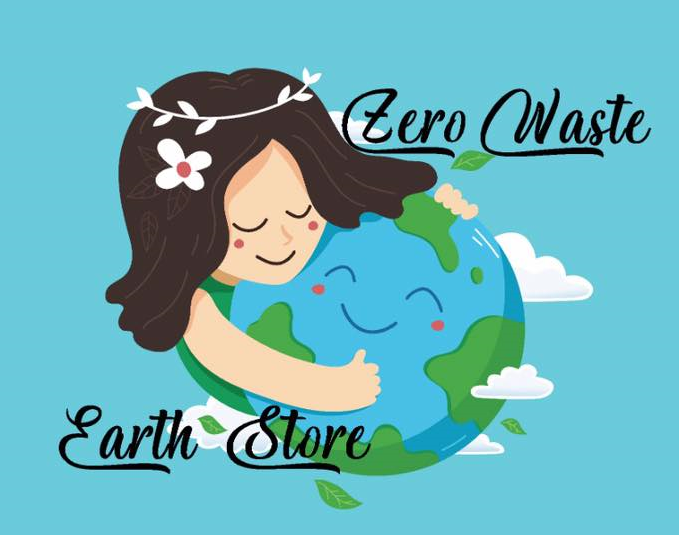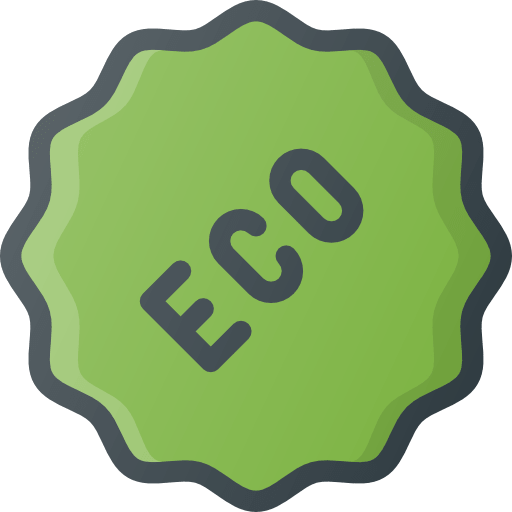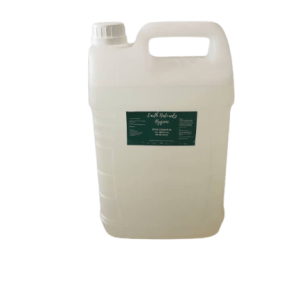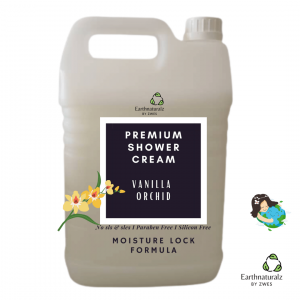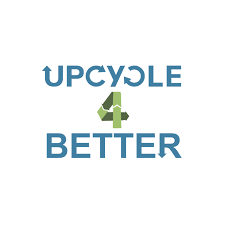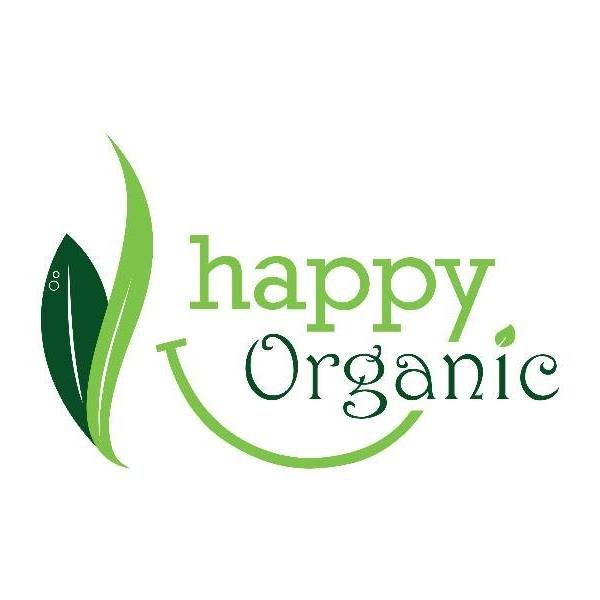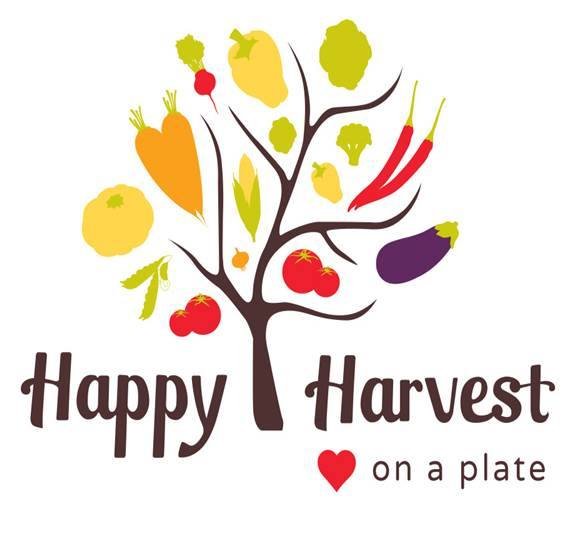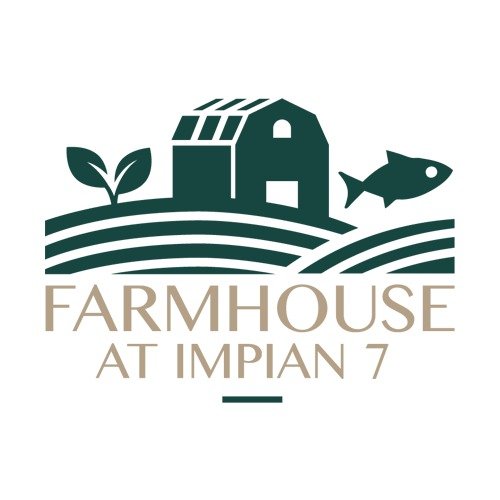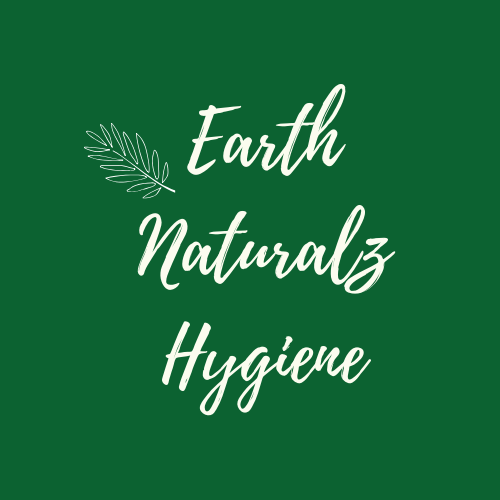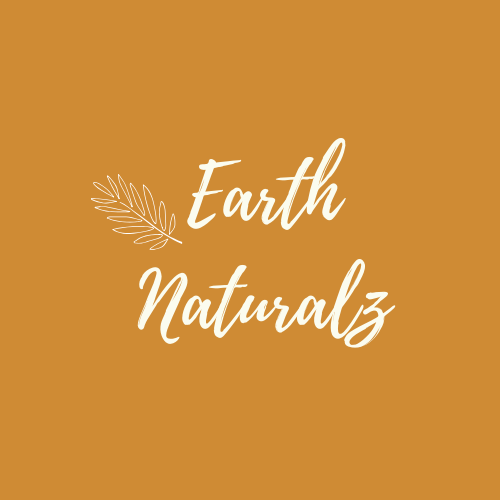AWARENESS of the importance of sustainability and ethical labour practices is growing not only among consumers globally but also among businesses.
Some Malaysian companies have been taking active steps to ensure that their production processes adhere to sustainable environmental and ethical labour practices, proving that being socially conscious is not only possible but is increasingly becoming a necessity in how companies are run.
Sasibai Kimis, 43, says that sustainability lies at the heart of her business. She founded Earth Heir, a fair trade-certified social enterprise creating artisanal fashion and home decor, in 2013.
“As humans, all of us have a responsibility to take care of this planet and each other,” says Kimis.
Kimis explains that as a fair trade business, her company upholds environmental protection, a fair labour policy, waste reduction, nondiscrimination, and capacity building of the artisans among other sustainable practices throughout her supply chain.
“Doing all of this means that profit is not your No.1 motive. When pursuing sustainable practices, it means that production and business costs are higher.
“Sustainable businesses are willing to spend more money, time and effort to make sure that what they earn is ethical and fair,” she says.
Socially conscious consumers think about the entire process of buying a product – from materials sourced and labour and production processes to packaging, logistics, sales workers and even the way it is disposed of.
Although there is increasing talk of businesses wanting to embrace sustainability, Kimis is concerned that many companies are merely “greenwashing”, ie, misleadingly advertising themselves as socially and environmentally conscious with token actions when their overall operations, supply chains, vendor relationships and procurement practices have not been reviewed for sustainable and ethical practices.
Ruby Yeo, 37, founded her online batik store in 2020. Niah+Co tries to source sustainable materials for its products, keeps packaging as simple as possible and avoids plastic where possible.
Yeo says that bigger brands have more flexibility to become sustainable whereas smaller businesses may face difficulties due to higher production costs.
“Bigger brands are able to buy in bulk, hence their cost will be lower. It’s the opposite for smaller brands,” she explains.
Nevertheless, Yeo still makes an effort to source 100% cotton batik instead of anything with polyester (which is not biodegradable and can shed toxic microfibres) for her garments. Any remnants are made into smaller items like masks, scrunchies, mask-holders or earrings so nothing is wasted.
“In my experience with customers so far, they show lots of interest in reusable cotton produce bags and reusable cotton pads. They always opt to bring their own bags when going to pop up markets.
“When it comes to apparel, not so much. I noticed as long as it is to their taste, it doesn’t matter if it’s polyester or cotton, so I try my very best to always source for cotton fabric only,” she says.
For Zero Waste Earth Store co-founder Jaclynnd Wong Yin Thing, 38, sustainability is the ability to exist and develop without depleting natural resources for the future.
“As Earth has finite resources, going zero waste is one of the most sustainable ways of living. Zero waste is a set of principles focused on waste prevention that encourages the redesign of resource lifecycles so that all products are reused,” says Wong, whose store, established in 2019, sells daily use items.
“We promote reuse as much as possible. Reuse lengthens the life of an item or material. Before recycling an item, we reuse it until the end of the product’s lifespan.
“By buying in bulk from stores like us, consumers are able to avoid disposable single-use plastic. We also buy back used cooking oil to be recycled into biodiesel, and provide environmental education to the community,” she says.
The store, which operates online and at a physical location, collaborates with suppliers and customers across its supply chains to reduce waste, increase productivity, and optimise material usage.
Wong has observed a shift towards sustainability among Malaysian companies now compared to when her store first started. However, she admits that moving towards sustainability can be a challenge.
“We hope the government will provide more assistance such as grants to sustainable businesses like us.
“Engagements and collaborations among the government, corporations and local small businesses is critical to efficient sustainability practice,” she says.
Noelle Kan founded batik fashion brand Kanoe Wear online in 2016, looking to create a positive impact in running her company: “I am a believer in doing the best we can, where we are, with what we have.
“In terms of textiles we work with mainly 100% cotton which is a natural fibre, hence biodegradable, and also with batik artisans, which supports keeping the traditional art alive,” she tells us.
The 30something Kan says that she maximises the use of fabric to minimise wastage, pays fair wages, believes in a proper work-life balance for her team, and constantly looks for ways to improve and become more sustainable.
Kan also observes a growth in new labels that are sustainably driven.
“There are many new Gen Z labels and designers who popped up on Instagram during this pandemic, working on upcycling and definitely being more sustainable. We can see growth all around in this sector in our fashion industry, especially with Gen-Zers,” she says.
“For existing companies, I believe that their focus is more on how they can thrive during the pandemic and capitalise on the changes that come with it – but perhaps when things stabilise they will focus more on sustainability.
“I personally believe that the philosophy and concept of sustainability is what will allow a company to thrive into the future.”
